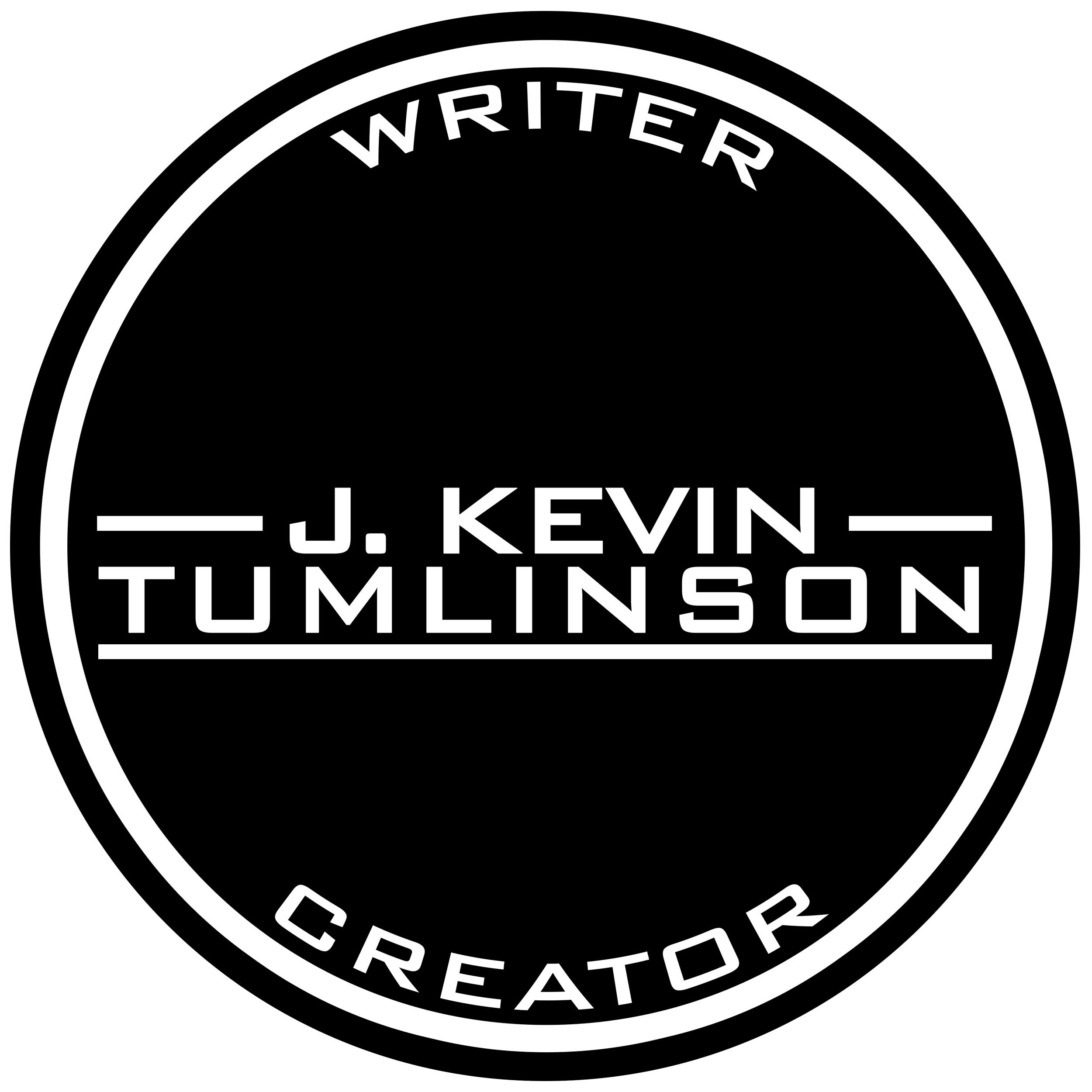Own it
Last night, over the carnage and scraps of a Mexican dinner at Molina's, I got into a discussion of the book publishing industry with my sister-in-law, Heather Staible. Like me, Heather is a writer. She wordsmiths for the likes of People Magazine and CultureMap.com. Très chic.
Basically, a friend of hers got a book published through traditional publishing, and now has to go about promoting it. The problem is that between her full-time job and the PR for her book, there's no time to write more books.
This is a problem I think a lot of published authors face. If you aren't a big commodity (if your last name isn't King, Grisham, or Rowling, for instance), then there is an expectation that you will do all of the footwork for promoting your book to the public. Most of that on your own dime.
I get it. A bit of self promotion is just part of the business. Jerry D. Simmons, the "Publishing Insider," says that if you think you're going to just concentrate on the writing and leave promotion of your book to the publisher, think again. You'll effectively be shunned by the industry, written off as a one-time bad investment.
Publishers want go-getters, which to me seems largely incompatible with "writers." They're asking a bunch of mostly-introverts to go out and be Ziglar-esque sales people, promoting their book and starting sensations.
The trouble, as I see it, is that authors get very little in return for all of this footwork. Advances, these days, are fairly low. Travel expenses seem to be coming out of the author's pocket, more and more. Royalties for book sales are low. Rights — film and television, foreign, electronic, etc. — are essentially owned by the publisher. Authors have some negotiating power, but c'mon ... is a first-time author going to stand a chance of re-negotiating a contract with a long-time publishing giant? The rules are written by the big guys.
That's why I think guys like Seth Godin have the right idea. These days, technology and the Internet make it easier and more economical for peole to self publish. And with self publishing, the author maintains control over their work. Since promotion comes mostly out of the author's pocket anyway, then they might as well get a bigger return on their investment. There's no advance payment, which is a bummer. But really, it's not much money anyway. Even a starving artist would find the typical book advance to be a fairly pitiful sum (typical advances seem to be around $3K-$5K). And at any rate, keeping 100% of your profits might help compensate.
What about the stigma of self publishing?
What about it? Of course there's a stigma. Self publishing circumvents the established publishing process. Big publishing houses miss out on the money that these self published books could generate. Also, there are some stinkers floating around out in the self-published world, I won't deny it. But there are just as many, if not more, really, truly good books coming out under indie labels. Books that were often casually ignored by the gatekeepers of the publishing world.
When the printing press was invented, people went crazy with publishing their own works. There were stinkers there, too. But look how that evened out. Eventually, the good stuff rises to the top. It only takes a handful of readers enjoying your work to put you into a decent income. And promotion, at that point, becomes nearly automatic. Once you have a following (a Tribe?), all you have to do is stay in touch with them. Believe me, fans are way better at promoting your work than you will ever be, and they have limitless time, money, resources, and enthusiasm.
I'm not done with this topic, I think. I'm gonna think about this a bit more, and post more about it. I think we're on the cusp of a redefinition of the publishing industry, and I think it's going to be an interesting thing to watch and be a part of.
